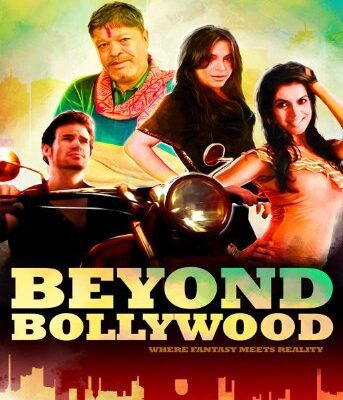Why has Poland produced more internationally-renowned cinematographers than most other European countries?
It’s due to seclusion. Our country, under Communism, was separated from the West for many years. After the Second World War, the system of filmmaking developed completely differently to the studio system in other countries. In Poland, the factory of would-be filmmakers was the film school in Łódź, which had only two departments: camera department and directors’ department. Due to such seclusion, and the fact that both departments were educated at the same time, made it different to other countries. It was the norm to invite the DoP as the first collaborator, not just for shooting, but to collaborate on the script. We were co-authors of the so-called shooting scripts; not so much storyboards but descriptions of the shots we were going to take. Usually, during work on these shooting scripts, the ideas were often accepted by the directors. Somehow, Polish cinematographers got a direct influence on the quality of the movies.
Also, we didn’t produce the movies for a public audience; that wasn’t important. No one expected us to make successful movies. It was our ambition to produce movies that were critically successful and for festivals. We didn’t have the barriers that existed in the studio system, where they don’t let you experiment too much. In our case, we could experiment as much as we wished. This system developed a different definition of cinematographers, and different responsibilities.
Do you prefer to work on these small movies, or big studio films?
At the moment, I prefer to teach more. Personally, I prefer to make the small movies. It’s a completely different relationship between all the crew members, much more than this industrial way of making movies. In terms of artistic freedom and responsibility, if you are doing a big studio movie, the burden of the millions of dollars invested gets put back on your head. In the studio system, you have a group authorship, it’s not individual. It’s no longer just somebody responsible for the visual part of the movie. What we are doing on location as DoPs for these types of movies is only half the product; the other half is being transformed in post-production.
Is there too much emphasis on the technology of cinematography and not enough on the craft?
There is the question of film education. I’m a visiting professor at many European film schools, and what I am seeing is the whole accent goes on technique and the would-be DoPs are not getting enough information on the visual dramaturgy, which is something that is extremely important.
The schools are built on an ego system. When I go to film schools and I’m sitting in the canteen, I can easily pick which new students want to be directors and which ones want to be DoPs. Even though the director students haven’t made anything yet, they are already showing a leader’s ego and showing off. Ego is the first condition of our success in the business, but it’s also our enemy. These young people simply forget about the rules of craftsmanship in terms of the art, with the art having a life of its own. You’re helping to make it happen, but you are not the owner of it, but many film schools put an accent on the authorship with one person, which I believe is a stupidity.












